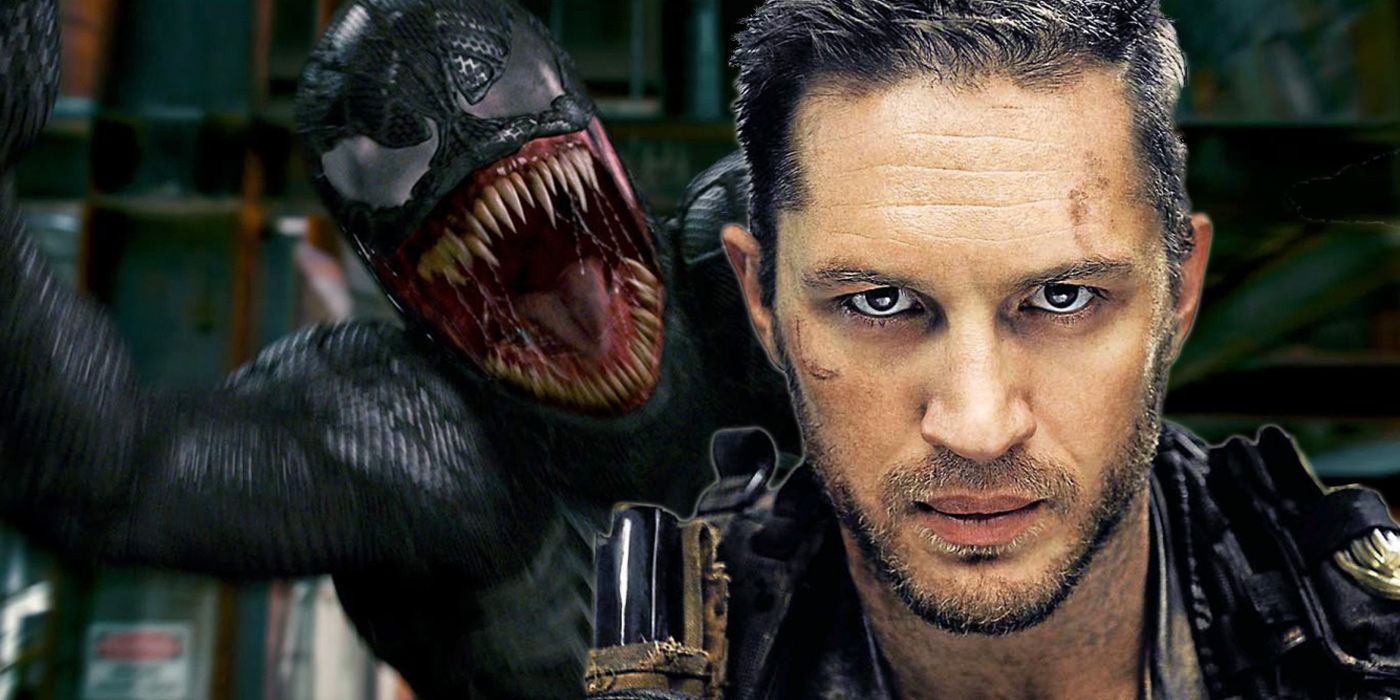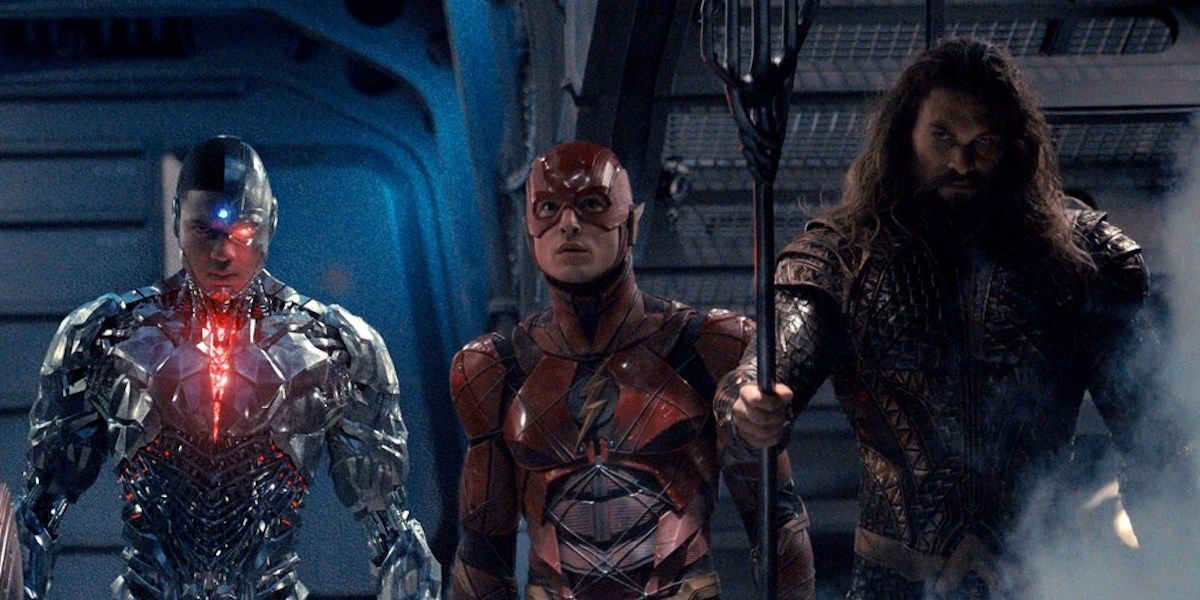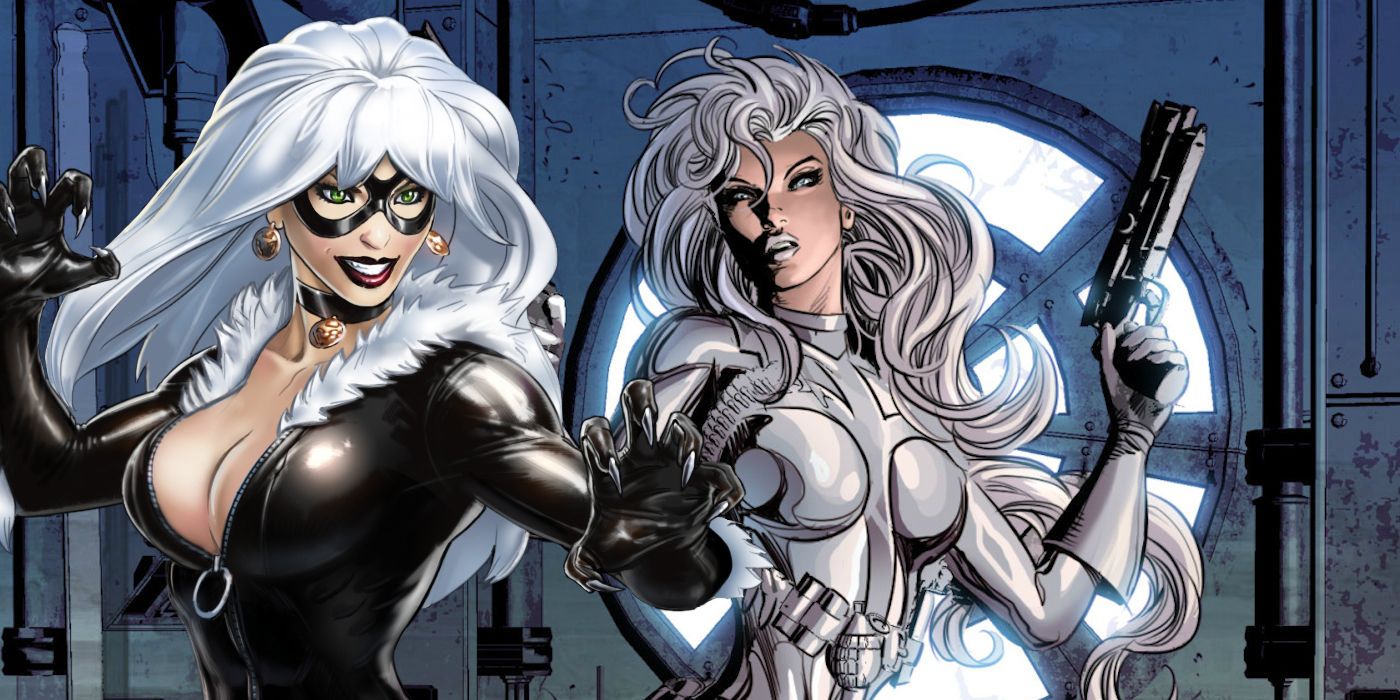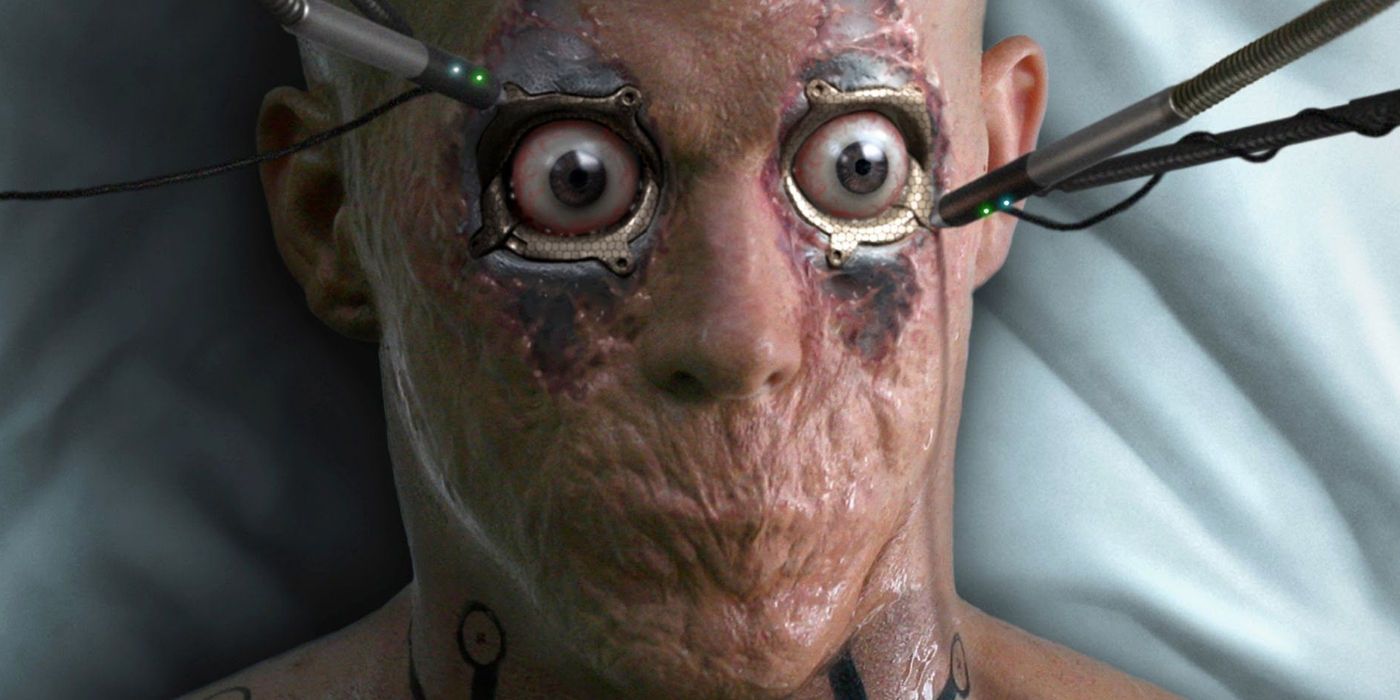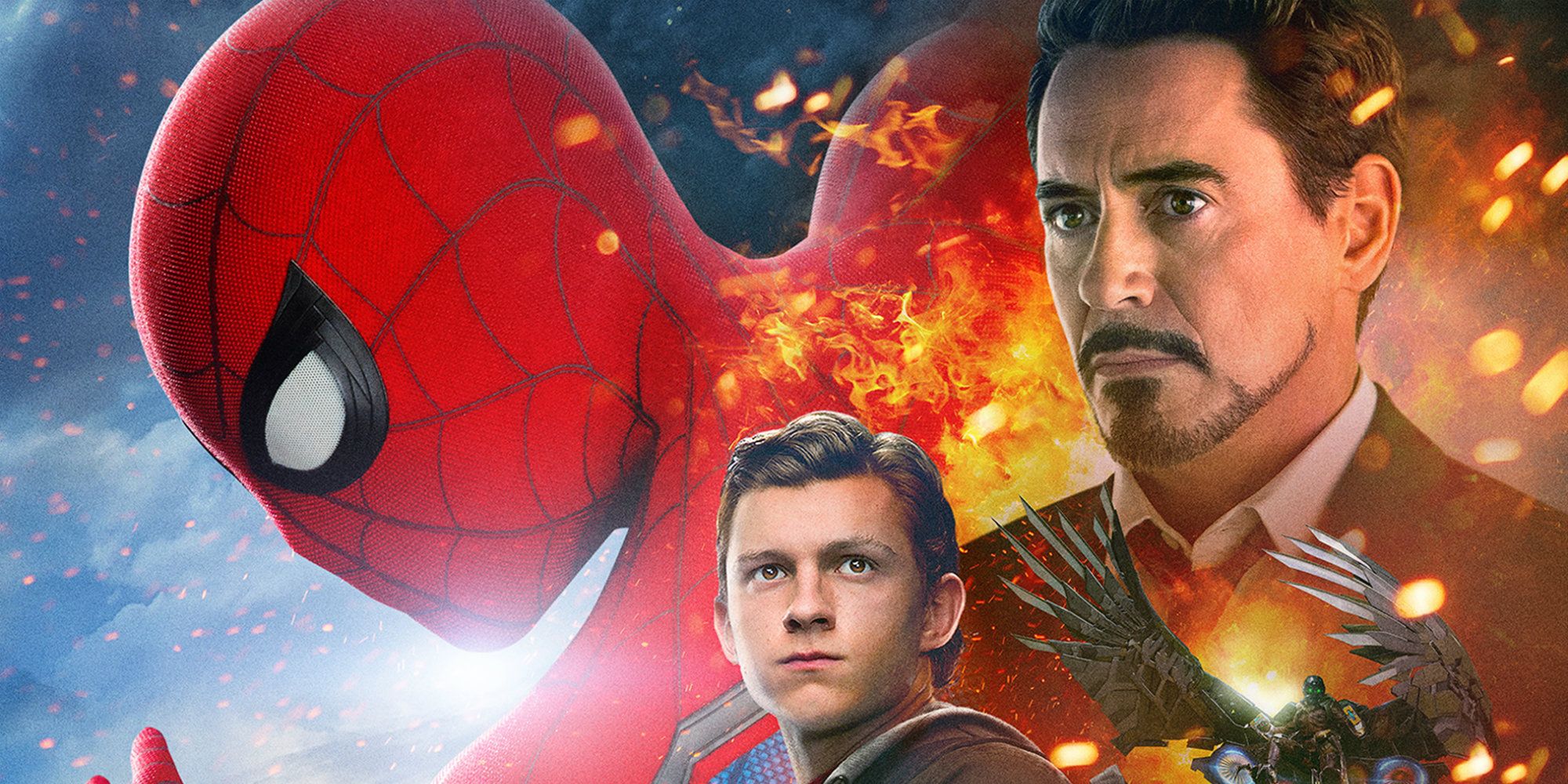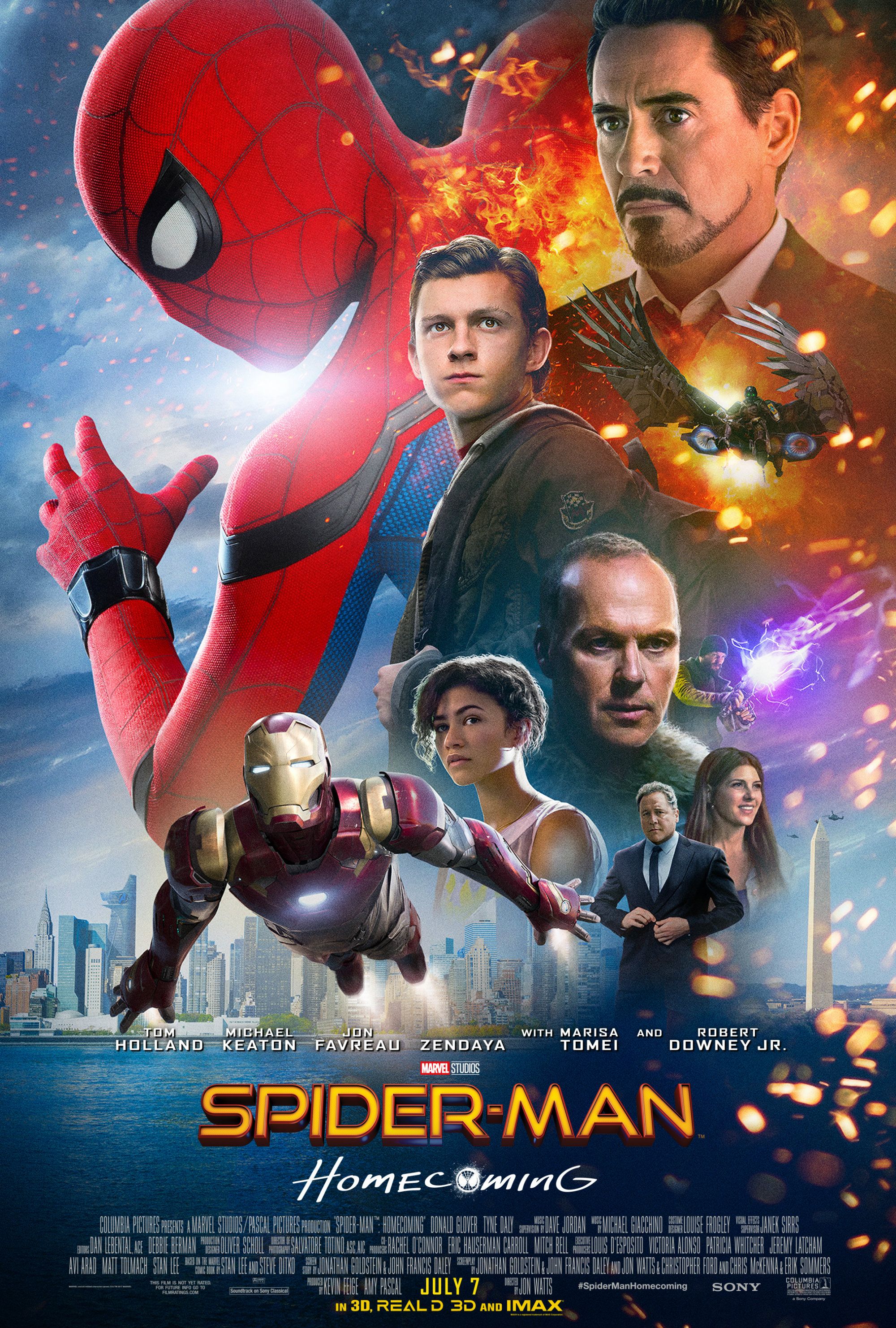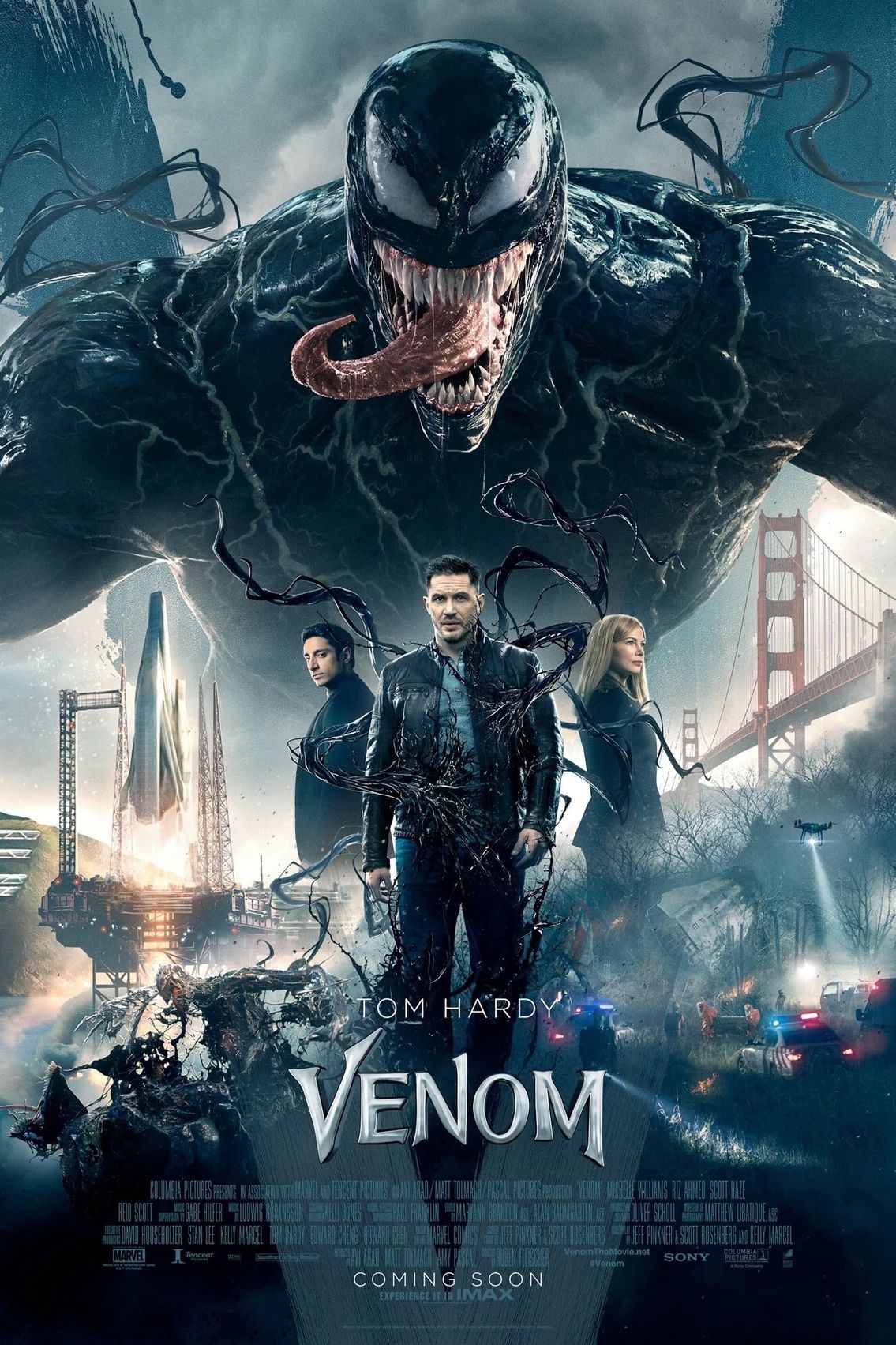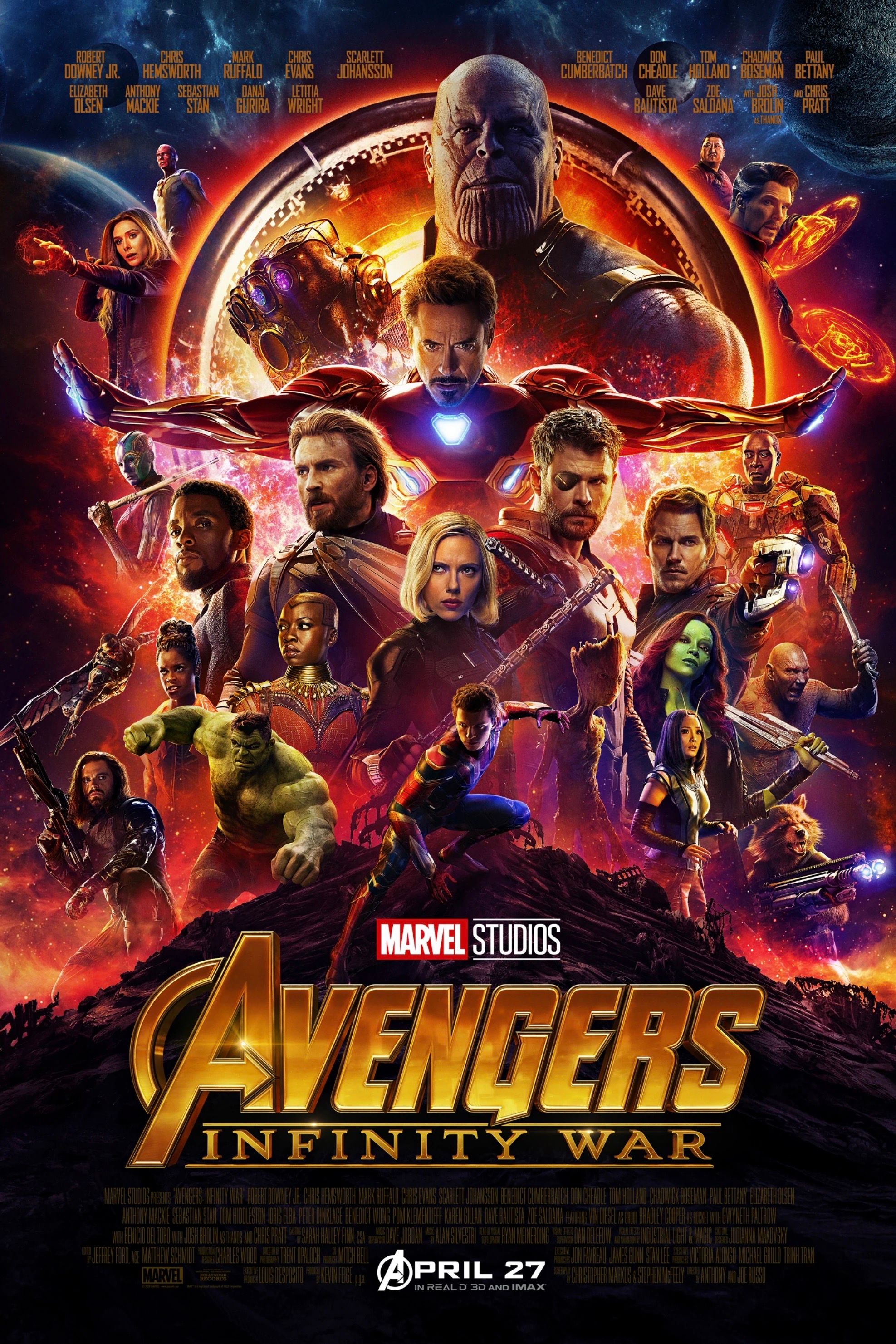Believe it or not, even in U.S. courts you need a better reason to sue someone than "If they stopped doing business, I would do more business." You actually have to prove (or, rather, plausibly allege and then prove) that the business they're doing is not only coming at your expense but through unfair, unethical, or illegal means.
That, at least, is the bigger theory behind a lot of the nitty gritty in intellectual property law: It's not just a matter of getting in on someone else's action, it's the capacity for doing so to damage the potency of the original. To use a relevant example: When DC Comics went on a lawsuit-filing spree to eliminate characters they saw as Superman rip-offs put out by other publishers (most notably the original Captain Marvel - "Shazam!" version), the impetus claimed behind their actions wasn't (officially) only that the other publishers' creations were getting bought instead of theirs - it was also that the similarity could confuse potential buyers and leave DC's brand unfairly vulnerable to association with whatever other publishers decided to do with their DC-esque publications.
More relevantly, this is why studios in the "Cinematic Universe" game tend to be so stingy about what gets to show up where and when. It's not just one brand to protect, it's dozens of smaller individual brands comprising a shared identity - and everyone in charge of each individual facet wants to makes sure that nothing gets tainted by association with anything else. That's one of the reasons why Marvel Studios has thus far only let their three separate development tracks (films, broadcast TV and Netflix) nod in each other's direction and share minor worldbuilding details. while otherwise sharing a respectful distance. It minimizes the impact a creative decision made by one track can cause unwanted associations with another.
T he upcoming Marvel feature Spider-Man: Homecoming represents the grandaddy of the modern Cinematic Universe stepping outside of its studiously maintained comfort zone for the first time since they started; having entered into a kind of shared-custody agreement in order to make one of their marquee characters available for crossovers. It's meant to be a mutually-beneficial arrangement: Sony gets the money-printing MCU branding for the latest reboot, while Marvel gets to use Spidey in crossover events like Captain America: Civil War and Avengers: Infinity War to fill in the previously-vacant "wisecracking teenager" spot in their expanding menagerie. But it's also a bid for Marvel to exercise a greater deal of control over the Spider-Man franchise, which is one of its most popular properties in terms of merchandising (Marvel controls the merchandise revenue for all characters, even ones whose movie rights are not owned by parent company Disney).
Officially, Sony is still producing and overseeing Homecoming, with the co-production arrangement mainly allowing for audience-luring Cinematic Universe tie-ins. But it's widely believed that Marvel-proper has exerted considerable influence on the production in order to protect their investment, and we probably won't know exactly how much of Homecoming's new take on the Spider-Man mythos happened at each studio's command for quite a while. While it's at least possible for Marvel to exert a measure of control over Homecoming and use Spider-Man to their discretion in team-up features, Sony is holding fast to the actual movie rights to the character and his expansive supporting cast of villains and allies - which are now being mined for a series of spin-offs, effectively creating their own "Bootleg MCU".
It's that plan (which thus far is set to include an R-rated Venom movie starring Tom Hardy and a Black Cat/Silver Sable team-up vehicle helmed by Gina Prince-Blythewood) that places Marvel in a new situation. Although these movies won't be part of the MCU, it's almost certain that connections to at least Spider-Man himself would be at least implicit. Venom is potentially recognizable enough on his own to support a feature, but Silver Sable and Black Cat are the definition of C-list supporting characters - a pair of would-be love interests from Peter Parker's 70s/80s "playing the field" phase who can be accurately described in shorthand as "Shiny Black Widow" and "Glam-Rock Catwoman." Of the two, Cat is probably more recognizable given how heavily Marvel has merchandised the cleavage-baring bombshell over the years, but neither one has a particular strong identity outside of "person who knows Spider-Man."
Next Page: [valnet-url-page page=2 paginated=0 text='Muddying%20the%20Brand%20Waters']
It's hard to imagine that (whether Marvel wants them to or not) Sony won't do all they can to connect these spin-offs to Spider-Man - which, even if only implicitly, means they'll connect to the MCU at least by association, and the connection will all but certainly be made in the minds of casual moviegoers. After all, "[Character] knows Spider-Man, Spider-Man knows The Avengers, therefore they all must be part of the same thing" makes more logical sense than the legally-murky alternative, even if that's the "correct" one. Naturally, that would be what Sony would ideally want: To have audiences assuming that whatever characters they can mine from the Spider-Man back-catalog are actually part of the "required viewing" for following the Marvel Cinematic Universe-proper... and that's where the potential danger for Marvel lies.
To put it bluntly, Sony Pictures is a studio with a fairly bad track record and a business structure that could be best described as "chaotic." Over the past two years alone, it's been rocked by a succession of business scandals stemming largely from a document-dump of hacked corporate emails that made public the difficulty the studio has had in building/managing new properties outside of moneymaking brands held over from prior regimes (like Spider-Man). It's the only underperforming division in the otherwise surging Sony corporate empire, and while a major corporate shakeup was part of the "fix" that helped Homecoming and the Marvel partnership come to fruition; things haven't exactly gone well otherwise.
High profile Sony-backed tentpoles like the animated Smurfs reboot, the remake of Ghostbusters, and sci-fi movies Life and Passengers all opened to mix receptions in the last year alone. While there have been hits (The Magnificent Seven) and upcoming releases that are expected to make box office waves (the Scarlet Johansson-starring raunchy comedy Rough Night, and the animated Emoji Movie), rumors continue to swirl that the studio's actual future is "uncertain" - and that every move they make should be considered in light of the studio being potentially put up for sale to another parent company in the near future.
Of special concern to Marvel fans, however, should be one name: Tom Rothman, the longtime Hollywood studio player (formerly head of Fox Studios) who took over as the Chairman of Sony Pictures following the shakeup that ousted former Chairperson Amy Pascal (who moved to an independent development deal that includes Spider-Man: Homecoming and other projects). Rothman is an infamous figure among genre movie fans - a "hands-on" producer whose penchant for tampering and mercurial temper have been credited (though, because this is Hollywood, often without attribution) with everything from ordering the Die Hard franchise to adopt PG-13 ratings to scuttling a James Cameron/Ridley Scott team-up for Alien 5 in order to focus on Alien vs Predator and even mistreating League of Extraordinary Gentlemen and Blade director Steven Norrington to the point where he retired from professional filmmaking.
Most infamously, though, Rothman is notorious as an (alleged) mis-manager of superhero movies. One of the juicier tidbits that's followed Rothman from project to project is that he personally dislikes and/or dismisses the genre as a whole. While sourcing for that claim is dubious at best he was in charge at Fox during the period where Bryan Singer's original X-Men movies faced tight budget constraints (and a veto on using The Sentinels as villains) and the Fantastic Four movies were set up as weightless sitcoms (where Galactus was a giant cloud), X-Men Origins: Wolverine was considered a releasable film and where X-Men 3: The Last Stand was fast-tracked (allegedly) in retaliation for Singer opting to make Superman Returns with a rival studio. To whatever extent Rothman's reputation as a one-man wrecking-ball for comic book movies is deserved - and some of it, certainly, can probably be chalked up to fandom's omnipresent need to identify a "villain" - his track record at the very least can't inspire much confidence in a Sony Marvel Universe taking shape on his watch.
This is what, more than anything, places Marvel in uncharted waters: Thus far, the MCU itself hasn't produced a single outright box office failure or critical dud. Some of its releases have been less popular and well-reviewed than the majority (Iron Man 2 and Thor: The Dark World most notably) and the events of the under-performing Incredible Hulk are seldom referenced since Mark Ruffalo replaced Edward Norton as that particular character. But they haven't had to deal with the prospect of a disaster like Origins: Wolverine or even a divisive critical punching bag like Batman V Superman "spilling over" into the rest of the Cinematic Universe by association... though we might get an early preview of how that might go in seeing how the Netflix-centered Defenders franchise opts to handle the presence of Iron Fist - a character introduced via what is to date the most widely-disliked production Marvel has attached its name to.
So, then, assuming that everything as it stands now actually goes through as currently intended (i.e. assuming Sony actually plans to produce and release these films rather than, as some have speculated, loading up their schedule with attractive-sounding hypothetical projects to make it more attractive for buyers) and the films turn out poorly - if they turn out decently, there ceases to be a meaningful conundrum here - what then? It likely depends on how the public perspective: To what degree do bad movies featuring Venom or Silver Sable/Black Cat, with or without Spider-Man tie-ins but definitely with the Marvel branding right upfront, "rub off" on the official MCU by association, in terms of the mass pop-culture finally having an outright "bad" Marvel movie as part of the conversation?
That remains to be seen - though it would be the grimmest of ironies (from the Marvel/Disney perspective) if the closest thing to a perfect batting average as exists in the world of franchise filmmaking were to finally rack up a "loss" from the actions of a secondary studio and a deal they made for a handful of Spider-Man cameos.

